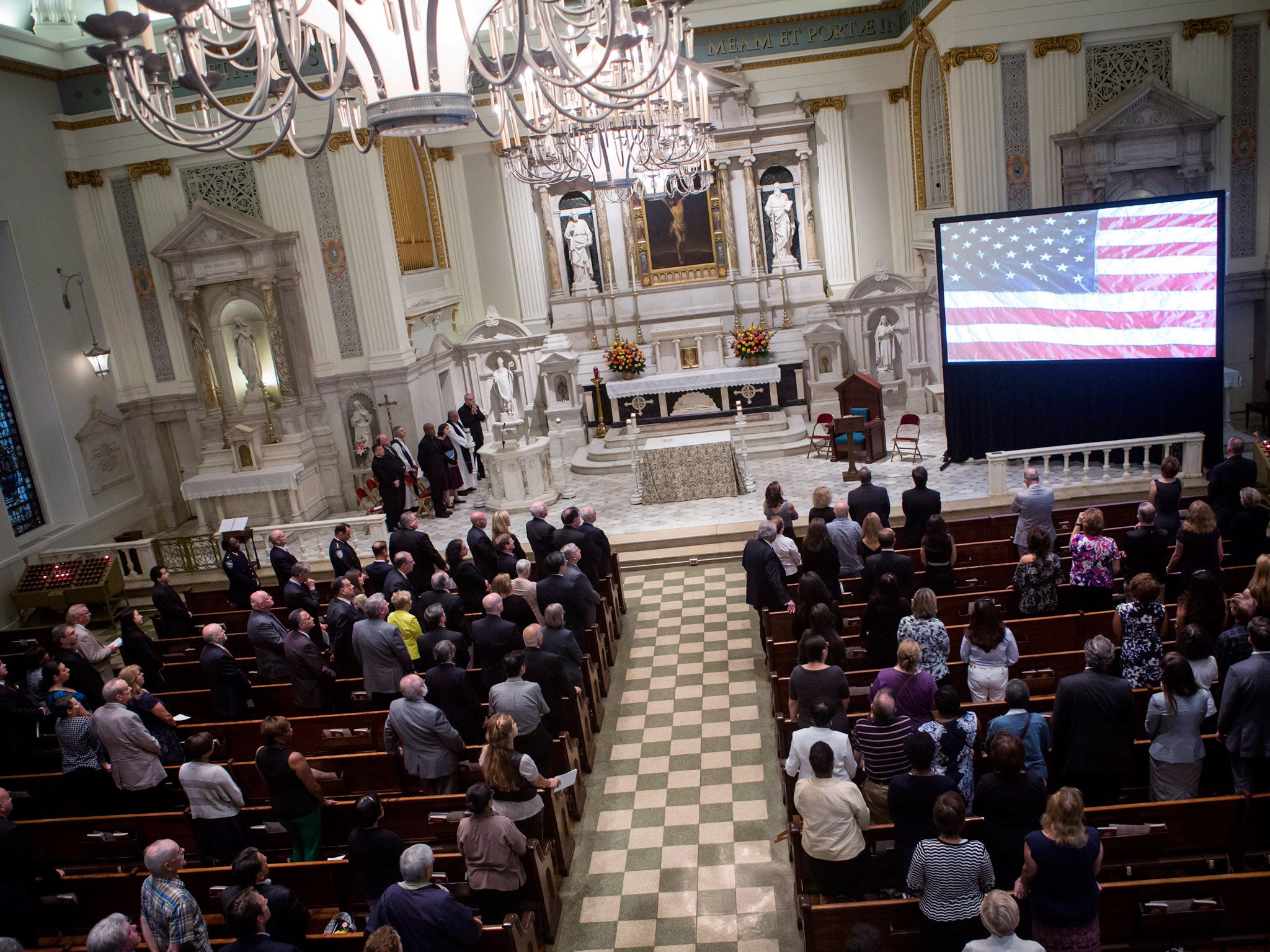The Givenness of Things: Essays by Marilynne Robinson, book review
Marilynne Robinson's thrilling collection of ideas touches on both known and unknown

With titles like "Fear" and "Grace", Marilynne Robinson's essays explore her lifelong obsessions – Christianity and America. It sounds daunting but, once I'd read my way in, stopped wishing I knew more about Calvinism, surrendered to the beauty of Robinson's prose and the breadth of her learning, I found that, even if I didn't recognise every biblical or philosophical reference, my mind was expanding and thrilling to her ideas. This is appropriate in a book which often describes the limitations of knowledge and the importance of the unknown.
In "Theology", Robinson asks: "In the privacy of our thoughts does not any one of us feel the difference between our best impulses and our actual behaviour? Does not any one of us feel the difference between the thought and work we are capable of and the thinking and working we let ourselves get by with?" Yes, I feel that difference and the pleasure I take in typing these questions reminds me that Robinson is as distinctive a stylist in her essays as she is in novels such as Gilead (2005) and Lila (2014).
But where does God come into it? Everywhere, according to Robinson who senses "another reality, beyond the grasp of our comprehension yet wholly immanent in all of being, powerful in every sense of the word, invisible to our sight, silent to our hearing, foolish to our wisdom, yet somehow steadfast, allowing us our days and years."
This "quasireality" informs Robinson's faith and her creativity: "I feel a novel begin to cohere in my mind before I know much more about it than that it has the heft of a long narrative. This heft is a physical sensation. A forming novel is a dense atmosphere more than it is a concept or an idea."
For the sake of their intellectual freedom, writers might steer clear of faiths, philosophical schools and political parties, (Cormac McCarthy, that other God-fearing American novelist, has even said writers shouldn't vote), but Robinson's Christianity enriches her imagination. Her robust opposition to scientific reductionism makes this book the ideal Christmas gift for the atheist bore in your life. Next time I find myself around a dinner table, vaguely arguing that there might be more to the cosmos than science can explain, I'll try to remember that "what we do not know should always function as a corrective to anything we think we do know." Robinson believes "religion, like science, addresses and celebrates mystery," and insists on "the freedom of God to act as mysteriously as his nature assures us he would do…".
The essays are most accessible when directly addressing contemporary concerns. "I was schooled," Robinson writes in "Awakening", "in generosity and optimism by the great movements of that period (the 1960s)". Nowadays, she bemoans the right-wing hijacking of American Christianity, "thought fads", including the wisdom of markets, which go unchallenged even as they fail us, and rages against the demonisation of the poor.
As well as writing, Robinson has spent her career in academe and she reminds us that the role of universities isn't to make people into "potential units of economic production" but to give them "the means to consider and appreciate their moment on this earth".
Alas, it is but a moment and, in writing with this in mind, Robinson recalls the American transcendentalists of the 19th century.
She reveres Emerson and Whitman but, when she describes herself sitting on her porch, writing and eavesdropping on her neighbours, I think of Henry David Thoreau in Walden and the enduring urgency and relevance of his meditations. Now 71, Robinson's words might outlive us all.
Virago, £18.99. Order at £15.99 inc. p&p from the Independent Bookshop
Join our commenting forum
Join thought-provoking conversations, follow other Independent readers and see their replies
Comments